Where Childhood is Honored.
Welcome to the Marietta Johnson School of Organic Education.
Join a community dedicated to natural growth, creative discovery, and the joy of learning since 1907. Located on eight wooded acres in the heart of Fairhope, Alabama, we provide a sanctuary where education is treated as life itself. Here, students grow naturally—free from the pressure of grades and artificial limitations, but rich in discovery. Within our structured framework, we respect each child’s unique pace, fostering the self-discipline and independent thinking necessary for a lifelong journey of learning.
Our Campus Today
Our campus is a living classroom designed to respect the order of a child’s growth. From the historic Art Barn and woodworking shop to our organic gardens, our young learners engage in a curriculum that balances academic readiness with physical and emotional well-being. Following the Organic principle of moving from the concrete to the abstract, students don’t just study concepts—they experience them through their own senses. Whether they are measuring timber in the shop or observing biology in the garden, they are ‘doing and trying,’ ensuring that learning is a flexible, flowing, and lifelong endeavor.
What Makes Us Unique?
At the heart of our campus is a methodology that honors the natural rhythm of childhood. Our program is carefully balanced between self-prompted activity and formal work under teacher direction, ensuring that students aren’t just following a script, but are active participants in their own education. By moving away from the tradition of adults as “all-knowing” authorities, our teachers act as facilitators who respect the individual pace of every child. The ultimate outcome of this journey is more than just academic readiness; it is the development of true self-discipline and a wisdom that comes from self-knowledge and cooperation. We believe that when a child is free from artificial pressures, they don’t just learn—they thrive as independent thinkers ready for a lifelong endeavor of discovery.
When children are given the ability to use materials freely and are encouraged to be creative through the use of free play, their minds sharpen, providing ample opportunity for the development of sound judgment, critical thinking, and problem solving skills.

The Results
OUR GRADUATES ARE:
Confident and Resilient: They are confident in their abilities and possess the resilience to overcome challenges.
Creative and Independent Thinkers: They are able to think critically, solve problems, and express themselves creatively.
Well-Rounded Individuals: They are well-rounded individuals with a strong sense of self and a deep connection to the world around them.
The Organic School’s Faculty & Staff
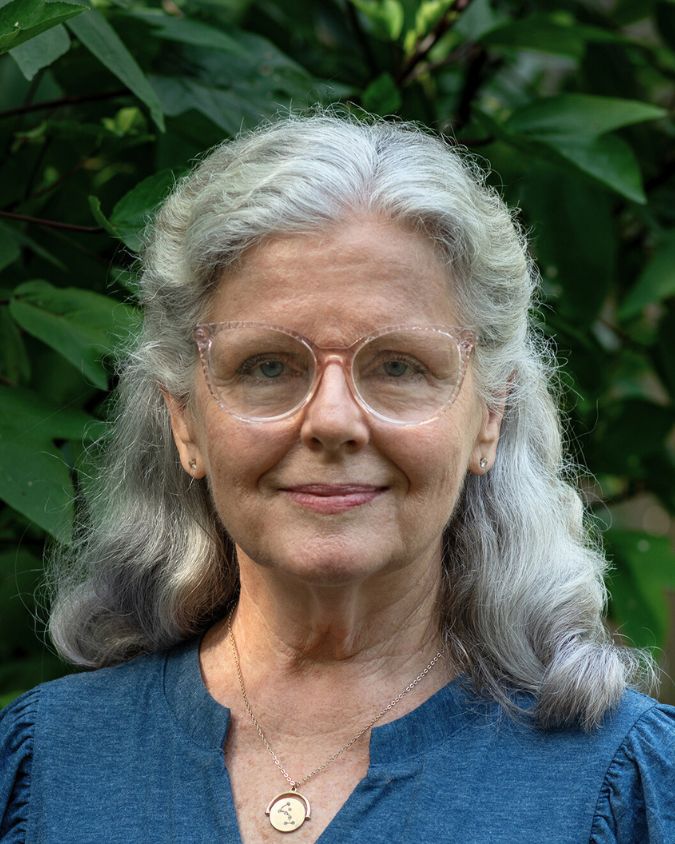
Susan Roy

Krysta Denzer

JoAnna Blankenhorn
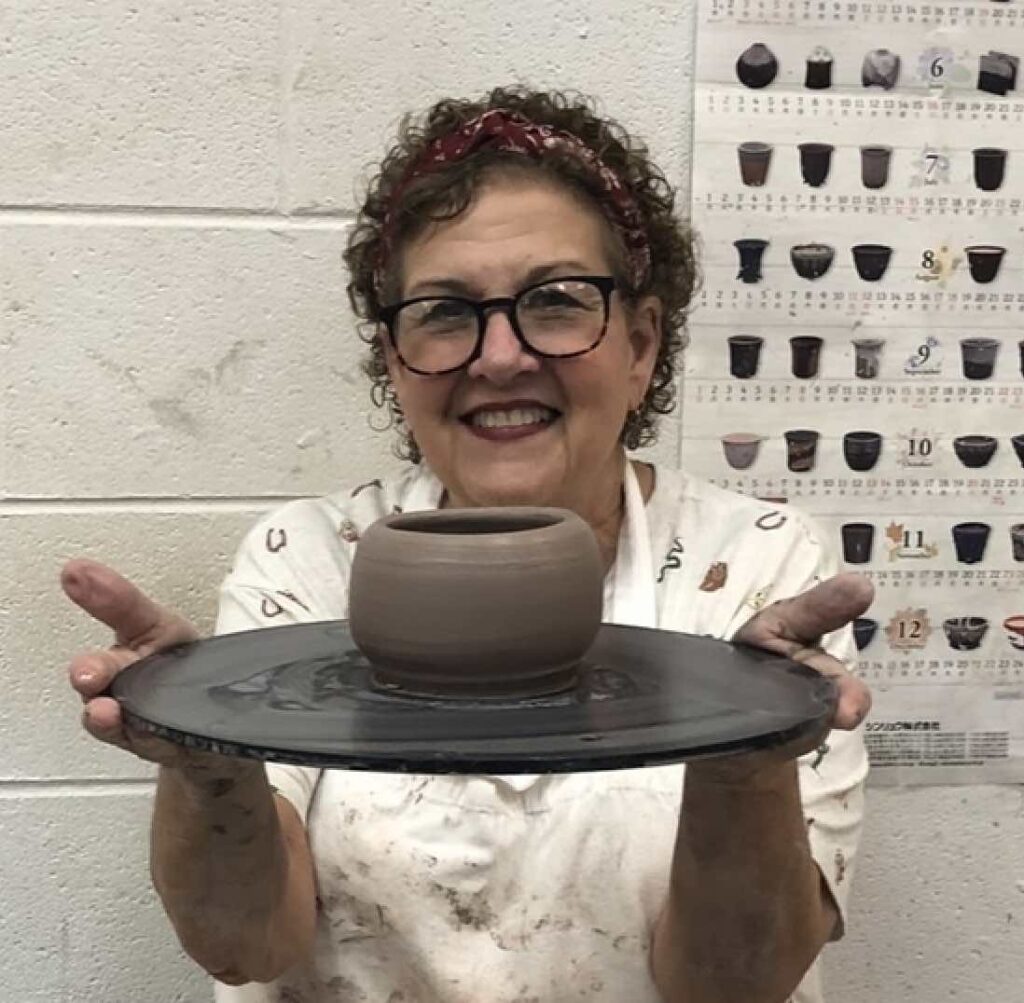
Sunday Mitchell
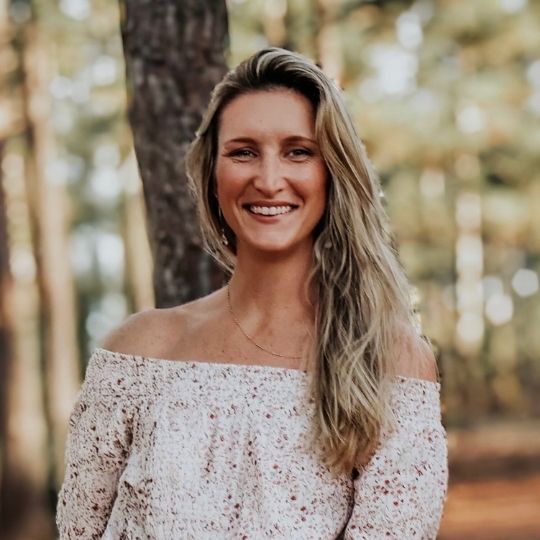
Erin Runels
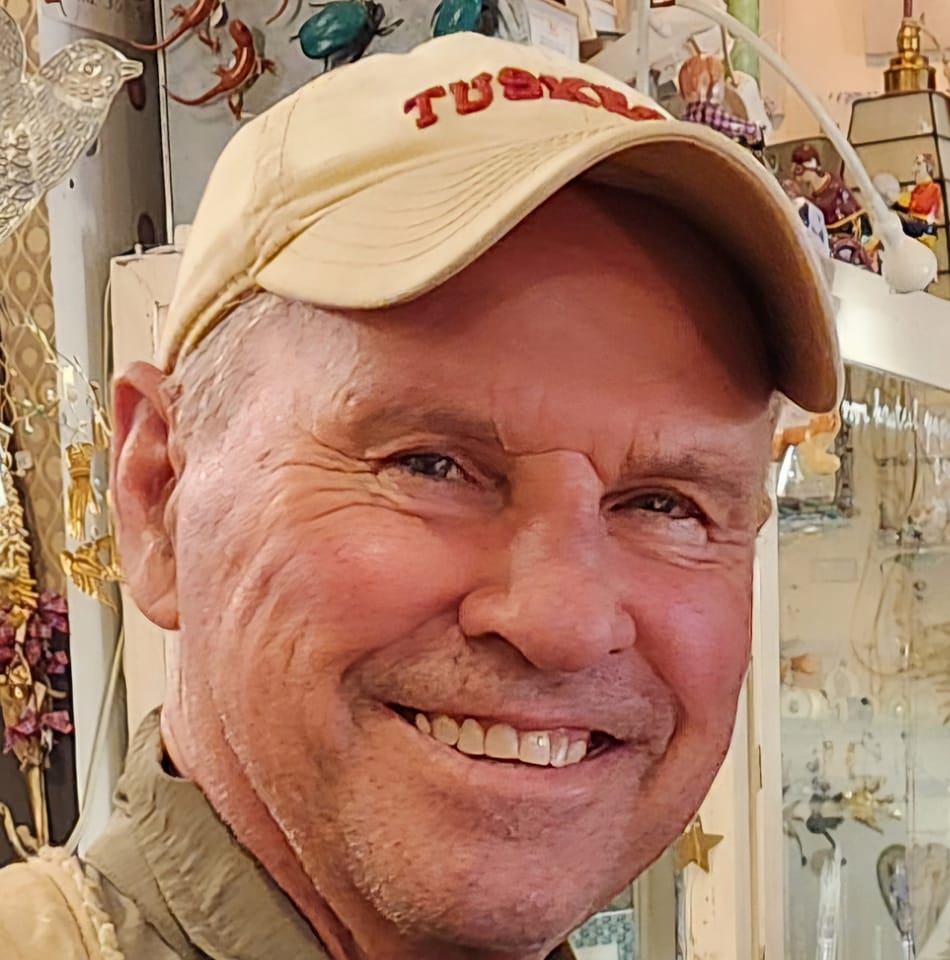
Wayne “Coach” Miller
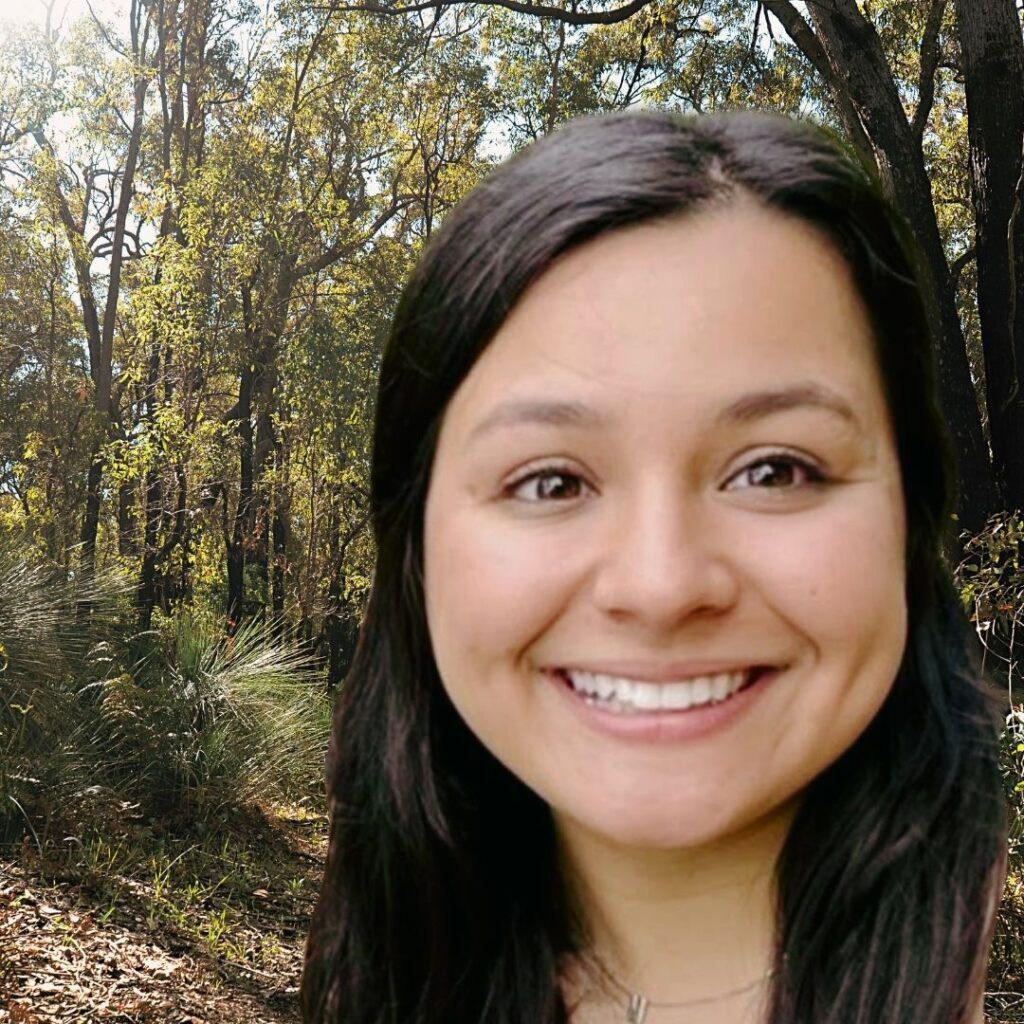
Maria Hoffmann
Join the Organic School Community
We invite you to learn more about our unique approach to education and discover how the Organic School can help your child thrive.
